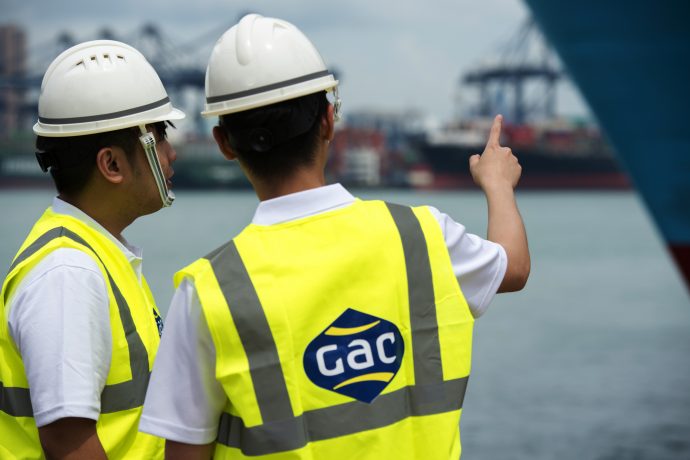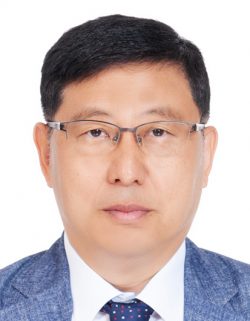China, South Korea, Singapore and Malaysia remain the most connected economies in the world with an average year-on-year increase in connectivity of up to 5%, according to the United Nations Review of Maritime Transport 2023. Asian countries also continue to lead in cargo handling performance, with the region boasting 18 of the top 25 ports globally. And with that continued growth in shipping activity comes even greater need for adaptable, reliable marine services.
GAC has been busy in Southeast Asia in recent years. With the opening of its Vietnam office and another in Taiwan’s second-largest port, Taichung, along with an expansion of its services in Malaysia, the Group is pursuing the opportunity to provide its shipping, logistics and marine services in this critical region of the world for the maritime sector.
With the launch of its first office in South Korea in February this year, GAC underscored its interest in serving yet another major Asian powerhouse. The Group had been a part of the Korean shipping and logistics markets, through local partners, for almost 40 years. Now, its new office serves as a logistical hub for offshore logistics, vessel agency services, husbandry and project support, cable loadouts and mobilisation/demobilisation services in the country and the wider Southeast Asia region.
“Our new operations in Seoul align perfectly with GAC’s core principle of being where its customers need services most,” says Daniel Nordberg, GAC’s Group Vice President – Asia Pacific & Indian Subcontinent.


The Korean Peninsula plays a pivotal role as a hub for shipping, logistics and marine activities and, by expanding its footprint in the country, GAC continues to place itself in the right places to serve its customers effectively. That includes Vietnam, where GAC opened its main office in Ho Chi Minh last year to provide integrated shipping, logistics and marine services.
Energy transition
South Korea’s rise in economic and shipping activity coincides with its need to secure its energy resources, resulting in Seoul pushing towards a notable increase in its offshore wind capabilities.
According to The International Renewable Energy Agency, Asia is set to account for more than half of global offshore wind capacity by 2050 with South Korea committing to provide 14.3 GW of offshore wind capabilities by 2030.
GAC is harnessing its experience in Taiwan and Vietnam, to support the country’s offshore sector with a comprehensive suite of services, including but not limited to offshore logistics, vessel agency services, husbandry and project support.
“We are now ideally positioned to facilitate the execution of offshore energy projects in South Korea by providing end-to-end solutions that encompass a full suite of services,” said Keunjeong Lim, Managing Director of GAC Korea.

“Working with GAC teams in Singapore, Malaysia and Indonesia for mobiisation/demobilisation services and drawing on our Group’s global bunkering capabilities, GAC South Korea is ready to help the offshore sector achieve its strategic goals with confidence, efficiency, safety and reliability at its core.”